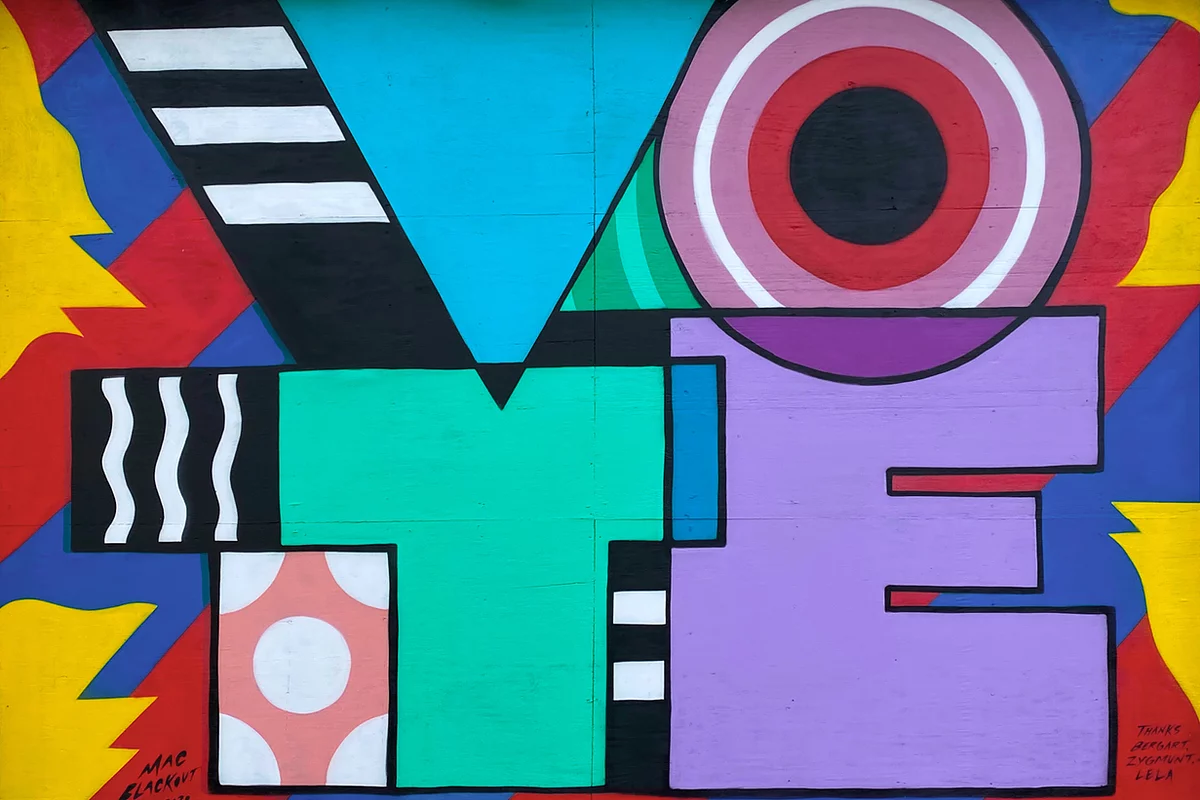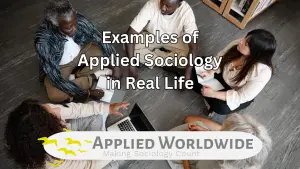With an important election approaching on November 3rd, Americans all over the country are being asked to offer their vote for which candidate they want to support. What to sociologists have to say, is there a sociology of voting?
Do they wish to allow the incumbent, Donald Trump, to have another four years to run the US? Or is it time for a new person, such as Joe Biden, to take over? Obviously, the answer to this query is both contentious and divisive for many Americans, most of whom appear to have made up their minds as to who they wish to support. But one of the greater questions is that of the value of voting.
The Process of Voting in the United States
The act of voting is a complex and yet beneficial task. The Founding Fathers designed the system so that the public would have a voice in government appointments. However, recent years have led to questions about the value of the vote. In 2016 alone, Trump was able to win the majority of electoral votes while Hillary Clinton received more popular votes, thus leading to a disconnect between the results and the votes put into the system.
In the years since, many people have come to believe that their votes are not valuable and that their participation will not change things. In a fairly extensive study, the Knight Foundation found that, out of 12,000 ‘chronic non-voters’, 38 percent stated that they stayed home out of the notion that their votes do not matter, and that the system is rigged against them.
Patterns in Voting
And if one was to observe the system, they might notice a variety of voting patterns. For example, there is a higher voter turnout of the elderly than twenty-somethings. Hispanics and Asian voters make up a larger part of the voter base than past elections, while White voters are slowly shrinking across the board.
Income level also plays a significant part in whether or not someone will turn out to vote; with lower-income Americans less encouraged to vote, or limited due to family or employment commitments. Mix this with questions of how certain an election is, whether your candidate has good odds or other elements, and it can severely diminish turnout.
Sociology of Voting and Institutional Trust
There’s also some fairly significant issues of trust developing in this year’s election. The Trump campaign and many right-wing outlets have been promoting a number of arguments about how this upcoming election will be far less trustworthy, from the supposedly questionable methodology of ‘vote by mail’ to claims of certain political candidates supposedly manipulating ballot results to their benefit.
While there are legitimate concerns to be had about political parties potentially manipulating an election’s results to their benefit, the history of voter fraud is limited at best. According to the right-leaning Heritage Foundation, there have only been 1,298 proven cases of voter fraud or negligence since 1979, which means that cases of voter-related crime are limited in scope prior to the 2020 elections.
Collective Decision Making and Voting in the United States
But regardless of the many complicating factors that may appear to cling to voting, it does not disseminate its importance. Andrea Jones-Rooy, a political scientist from New York and writer for 538, argues that it is not an individual rational act, but rather an irrational act committed in the context of communities. While it might not feel like a singular vote will have a severe effect on an election, it is in the collective decisions of many that results occur.
Most people would love a reality where everyone else but themselves turns out to vote, as that removes the cost of waiting in line and using your time to do so. But if a million people believe that, then that is a million votes not submitted. This is why Jones-Rooy emphasizes creating a culture and community that enhances the value of voting as a social act.
Voting should not only be encouraged, but emphasized through positive channels. This could come through in just constant reminders of voting, offering free food to voters or it could include a day set aside as a holiday so that everyone can vote.
Final Reflections on a Sociology of Voting
There’s still a lot of social questions to be asked about voting as years go by; questions that political scientists and sociologists must collaborate on as both demographics, technologies and government structures evolve. But at its core, voting is an act that benefits everyone, regardless of the results.







